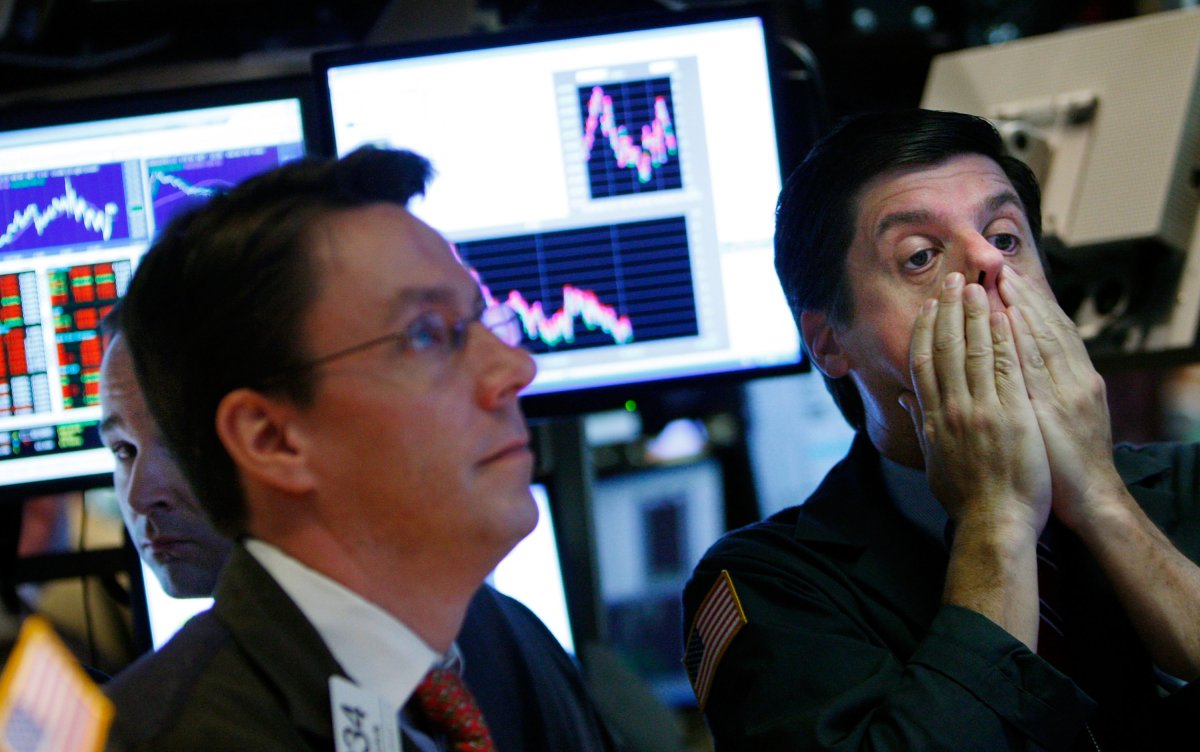You don't need to be an economist to know that nothing good comes out of a recession. In fact, if you lived through the so-called Great Recession of 2007-2009, you'll already have a pretty good idea of how a major economic downturn can to profoundly shake your life—at least for a few years.
The U.S. is living through uncertain times, as income and spending are struggling to keep up with soaring inflation despite efforts by the Federal Reserve to turn the tide on surging prices.
U.S. economic output fell in the first quarter, and even the ever-growing housing market is starting to slow down. Data for the second quarter is due later on Thursday and the economy is expected to avoid falling into recession, according to a Bloomberg survey of economists.
While experts cannot quite agree on whether the country is entering a recession—with the Fed and others saying the current circumstances do not qualify as a recession under its technical definition—, it's useful to know what we'd be facing if the U.S. is approaching a severe economic downturn.
What Happens During A Recession?
Though right now the economy feels bad, with surging bills and increasing prices chipping away at people's savings and forcing many to make difficult decisions on whether to pay rent or fill their fridge, it can get worse.
And when things get worse, you get a recession. The National Bureau of Economic Research defines a recession as "a significant decline in economic activity that is spread across the economy and that lasts more than a few months."
That mean that the U.S. would officially be in a recession if all sectors of the country's economy shrink and continue declining for a continued period of time.
Normally, short periods of decline are not considered a recession, though one was declared in the U.S. during the pandemic in February 2020, even if it lasted only two months.
How Does It Affect People?
One of the first things to happen during a recession is people losing their job. This was the case during the Great Recession and during the short-lived pandemic-era recession, where tens of millions were laid off.
Finding new employment during a recession isn't easy, so people are often stuck in unemployment for prolonged periods, during which time they start drawing down their savings and paying the bills becomes harder.
As is often the case, a recession doesn't affect everyone in the same way, and those who were already in a vulnerable situation—employed in low-paid jobs that prevent them from building enough savings to fall back on in hard times— might be forced into debt by a recession.
That, in turn, affects their ability to access key services like health care, with many losing their health insurance with their job.
Retail, leisure and hospitality and the food service industry are among the sectors that usually bear the brunt of a recession, often being forced to cut workers and, in the worst case scenario, going out of business entirely.
Even those in a better savings situation might lose something during a recession. Those who have investments in stocks, bonds, real estate or other assets might lose their money.
Those paying off a mortgage on their homes might fall behind with payments, while those who haven't bought a house before might be forced to wait a little longer to be able to afford one.
Lisa Shalett, chief investment officer, wealth management, at Morgan Stanley said in a June report that several economic factors pointed to a less severe recession this time around, if one happens. She cited factors such as the robust labor market and strong company and household balance sheets.
Unfortunately, financial instability caused by a recession often impacts those struggling in ways that long outlast the eventual economic downturn.
Families and individuals struggling with unemployment, financial strain and lack of housing often also experience poor health, sleeping problems and mental health issues such as depression as a direct consequences of the pressure these conditions put them under, as the Population Reference Bureau (PRB) observed in those most affected by the 2007-2009 Great Recession.
To end on a positive note, there are ways to recession-proof your life: Newsweek explains how in this article.

Uncommon Knowledge
Newsweek is committed to challenging conventional wisdom and finding connections in the search for common ground.
Newsweek is committed to challenging conventional wisdom and finding connections in the search for common ground.
About the writer
Giulia Carbonaro is a Newsweek Reporter based in London, U.K. Her focus is on U.S. and European politics, global affairs ... Read more





